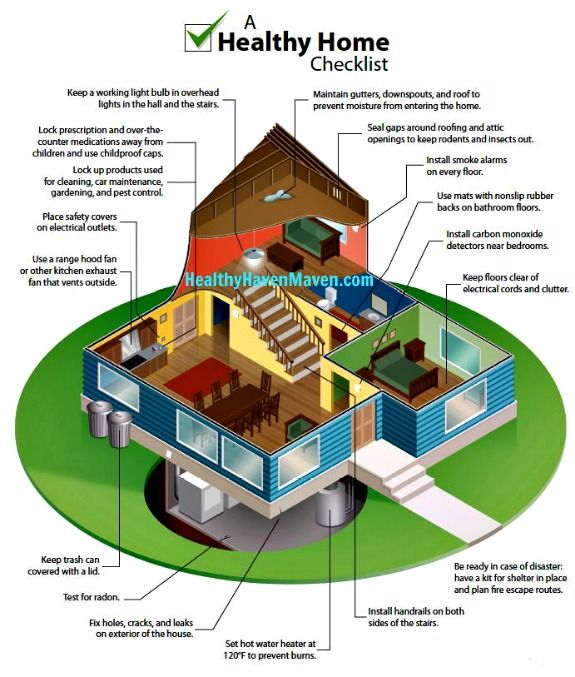The Future Of Home Heating - Exactly How Heatpump Innovation Is Progressing
The Future Of Home Heating - Exactly How Heatpump Innovation Is Progressing
Blog Article
Writer-Marshall Roy
Heatpump will be a critical innovation for decarbonising home heating. In a scenario regular with governments' revealed energy and environment commitments, their global capacity increases by 2030, while their share in home heating rises to one-quarter.
They function best in well-insulated homes and depend on electrical power, which can be provided from a renewable power grid. Technological developments are making them much more efficient, smarter and less expensive.
Fuel Cells
Heat pumps utilize a compressor, cooling agent, coils and fans to move the air and warm in homes and devices. They can be powered by solar energy or electrical energy from the grid. They have actually been getting appeal because of their affordable, peaceful procedure and the ability to create electricity throughout peak power demand.
check out the post right here , like IdaTech and BG MicroGen, are dealing with fuel cells for home heating. mouse click the up coming internet site can replace a gas boiler and create a few of a residence's electrical demands with a connection to the power grid for the rest.
However there are factors to be doubtful of using hydrogen for home heating, Rosenow claims. It would be expensive and inefficient compared to various other modern technologies, and it would contribute to carbon emissions.
Smart and Connected Technologies
Smart home technology allows property owners to connect and manage their gadgets from another location with using smart device apps. For https://johnathanqzjrd.blogsvila.com/29441542/are-warmth-pumps-the-most-efficient-cooling-and-heating-option-for-your-home-a-relative-analysis , wise thermostats can learn your heating preferences and immediately adjust to enhance power intake. Smart lighting systems can be managed with voice commands and immediately turn off lights when you leave the area, reducing energy waste. And clever plugs can keep track of and handle your electrical usage, permitting you to identify and restrict energy-hungry home appliances.
The tech-savvy family depicted in Carina's meeting is a good picture of just how residents reconfigure area heating techniques in the light of new smart home innovations. They rely upon the devices' automatic features to accomplish everyday adjustments and concern them as a hassle-free ways of conducting their heating practices. Thus, they see no factor to adapt their practices further in order to make it possible for versatility in their home power need, and interventions targeting at doing so might encounter resistance from these families.
Electrical power
Since warming homes represent 13% of US discharges, a button to cleaner alternatives might make a big distinction. But the innovation encounters obstacles: It's expensive and needs substantial home renovations. And it's not always compatible with renewable resource sources, such as solar and wind.
Until recently, electric heat pumps were too costly to compete with gas models in the majority of markets. But brand-new developments in layout and materials are making them a lot more economical. And far better cool environment performance is allowing them to operate well also in subzero temperature levels.
The following action in decarbonising heating may be using heat networks, which attract heat from a main resource, such as a nearby river or sea inlet, and distribute it to a network of homes or structures. That would decrease carbon discharges and allow houses to take advantage of renewable resource, such as environment-friendly power from a grid provided by renewables. This option would certainly be less pricey than changing to hydrogen, a nonrenewable fuel source that needs new framework and would just decrease carbon dioxide emissions by 5 percent if paired with improved home insulation.
Renewable Energy
As power rates go down, we're beginning to see the very same pattern in home heating that has actually driven electric cars and trucks right into the mainstream-- however at an even quicker pace. The strong climate situation for electrifying homes has been pushed better by new study.
Renewables account for a significant share of contemporary heat consumption, but have actually been offered restricted plan attention around the world compared to other end-use sectors-- and even much less focus than electricity has. Partially, this mirrors a mix of consumer inertia, split incentives and, in numerous nations, subsidies for fossil fuels.
New technologies might make the shift easier. As an example, heatpump can be made extra power efficient by replacing old R-22 refrigerants with brand-new ones that do not have the high GWPs of their predecessors. Some experts also picture area systems that attract heat from a neighboring river or sea inlet, like a Norwegian arm. The warm water can then be utilized for heating and cooling in an area.